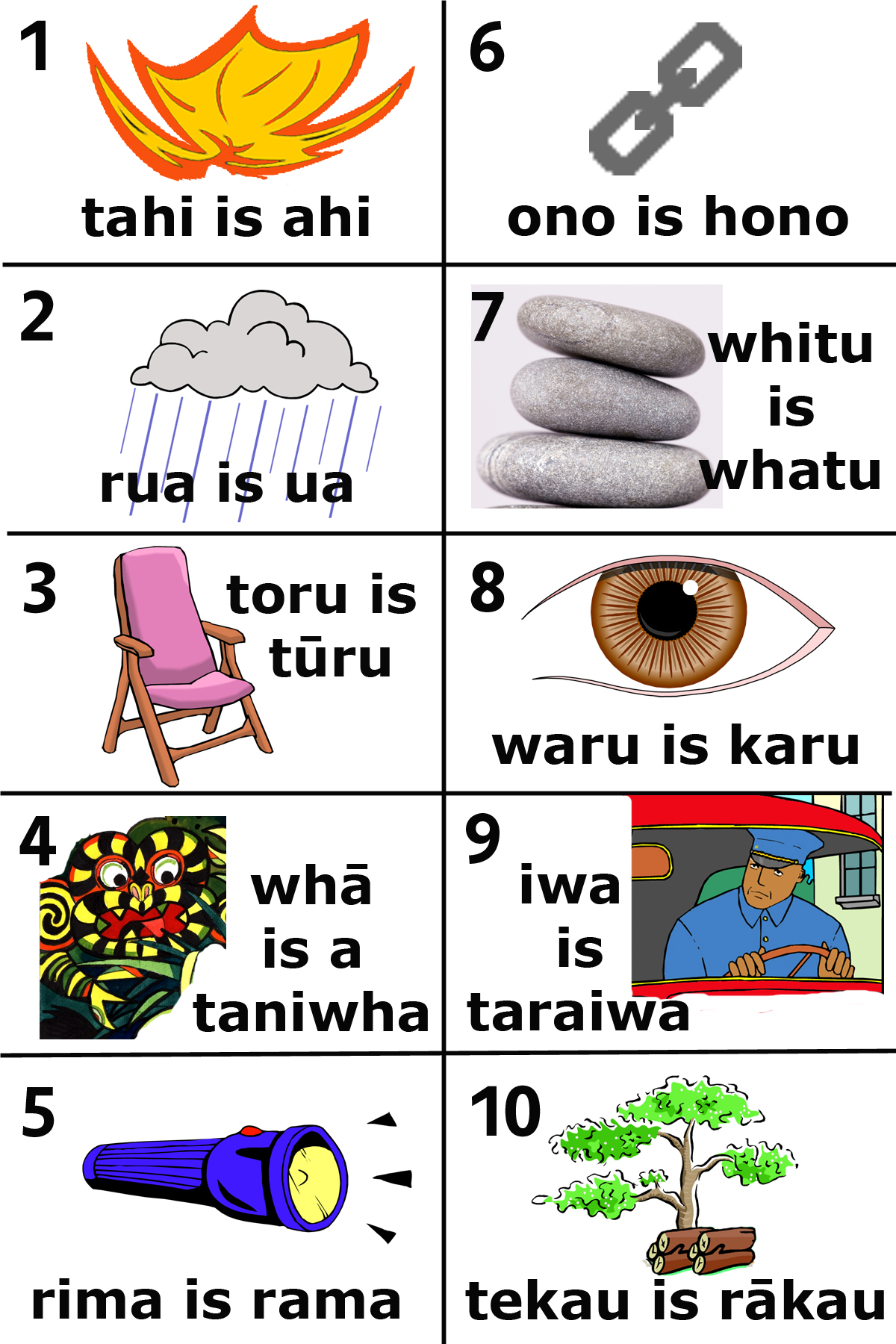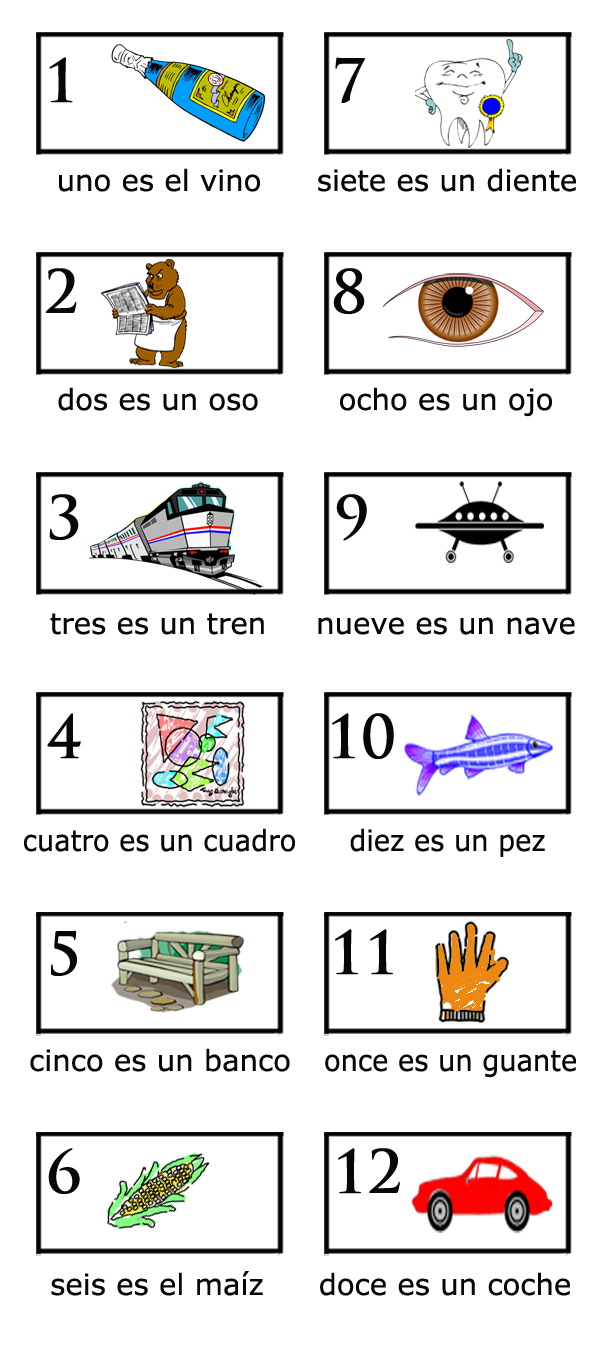Does emotion help us remember? That's not an easy question to answer, which is unsurprising when you consider the complexities of emotion.
First of all, there are two, quite different, elements to this question. The first concerns the emotional content of the information you want to remember. The second concerns the effect of your emotional state on your learning and remembering.
The effect of emotional content
It does seem clear that, as a general rule, we remember emotionally charged events better than boring ones.

